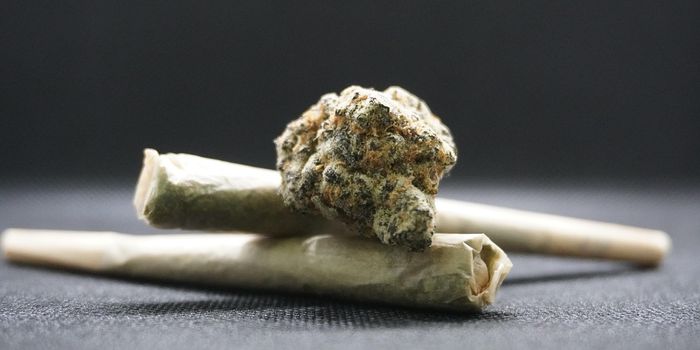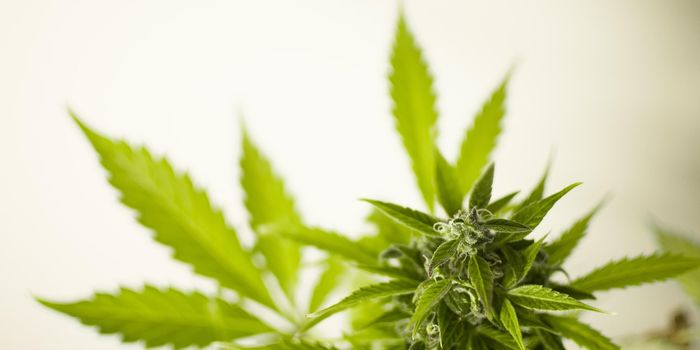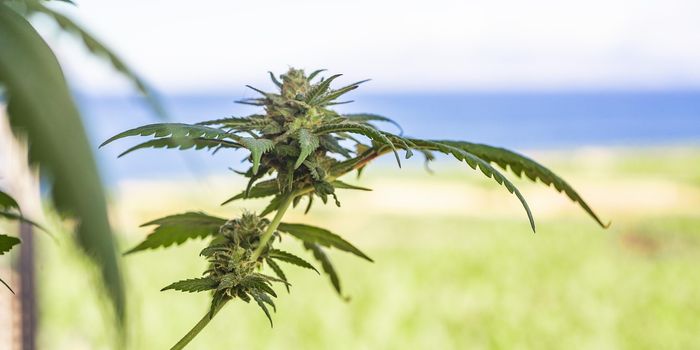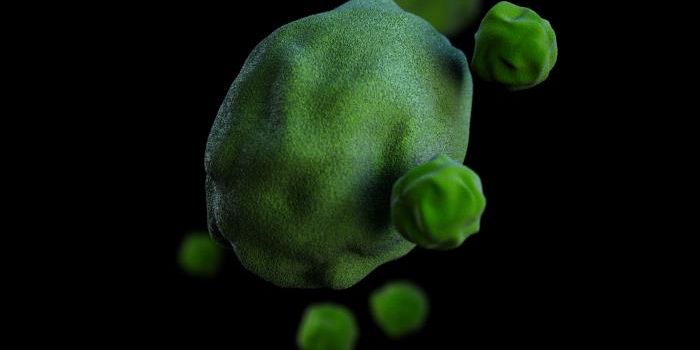Common Misconceptions of Medical Cannabis
Since marijuana has been listed as a Schedule I drug since the 1970s, many still hold reservations about its use for medical conditions. In fact, you may have some commonly held misconceptions about the plant and what it can do. Some of these may have stemmed from information or misinformation on recreational cannabis and some may have come from personal anecdotes or other stories you have heard.
Here, we clear up some of this confusion by discussing some of the most common misconceptions of medical cannabis:
“There’s no real proof that medical cannabis works; that’s why the FDA hasn’t approved it.”
Both of these statements are incorrect. Based on a wide range of research, cannabis has been shown to have numerous medical benefits – however, it is true that most of this research has been conducted in pre-clinical animal models and not in humans, though human trials are underway. This is mostly due to the difficulty of conducting research on humans with a drug whose use is tightly restricted.
Many people don’t know that the FDA has actually approved three medical cannabis products for cancer patients to address side effects of chemotherapy. And cannabis products for pediatric epilepsy are also making their way closer to regulatory approval. Within the next few years, the FDA is expected to begin reviewing more medical cannabis products that are currently in testing.
“I quit smoking so I can’t use medical cannabis.”
When people think of recreational cannabis, they often think of someone smoking a joint or inhaling marijuana smoke through a vaporizer. But these are not the only methods available to consume medical cannabis. In fact, there are quite a few different ways – through consumption of food made with cannabis, oils and tinctures of the plant extracts, or topical applications. It’s important to note that, while these methods can be advantageous for people who do not want to ingest smoke, consuming cannabis in these different forms can impact its effects. Talk to your doctor or medical cannabis dispensary to learn more about which method might be best for you.
“I’ll be high all day.”
This is also a very common misconception that likely comes from use of recreational cannabis. Tetrahydrocannabinol (THC) is the chemical found in cannabis that produces the “high” or euphoric effect of the plant. Those using cannabis for medical purposes may not find this effect favorable. If you’d like to benefit from the other effects of cannabis, consider trying cannabidiol (CBD) instead. Unlike THC, CBD does not cause a “high” feeling and may be easier to take during the day without disrupting your memory or cognitive processes. Consider using only CBD or using a THC/CBD mixture.
“Marijuana is not legal in my state so I can’t use medical cannabis.”
This one can be quite tricky – medical cannabis (and recreational cannabis) laws are changing very quickly throughout the US. In some states, recreational cannabis is illegal but medical cannabis is legal. However, each state has the right to approve the specific conditions for which patients can use medical cannabis. If you are interested in taking medical cannabis, check the laws of your state and talk to your doctor about whether you might be a good candidate.
“Prescription drugs are safer than medical cannabis.”
All substances, whether legal or illegal, can pose safety concerns for patients -- but that doesn't mean that you shouldn't use a prescription drug, or medical cannabis, if it can improve your health. Before taking any substances or using interventions for a medical condition, it is very important to first talk to your doctor – that way, your doctor can provide recommendations on treatments that might be helpful for you based on your condition and any other medications or considerations that should be taken into account. But don’t be afraid to try something that could be beneficial – just remember to talk to your doctor first.








